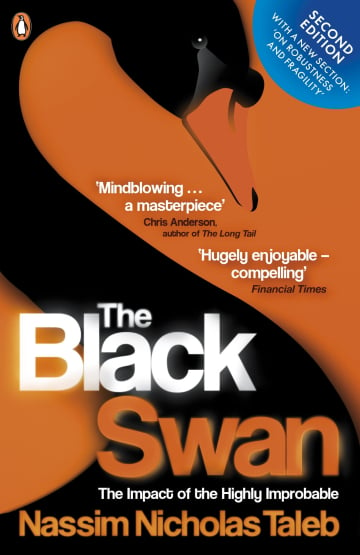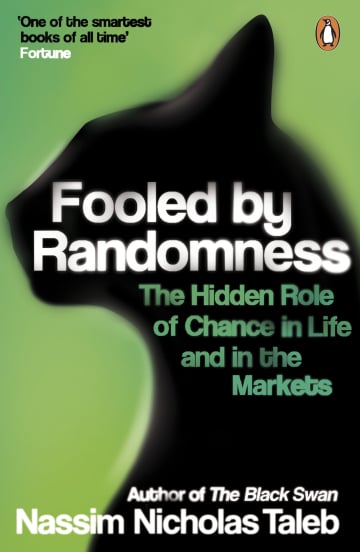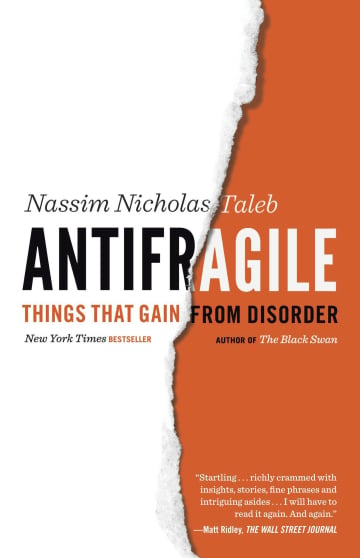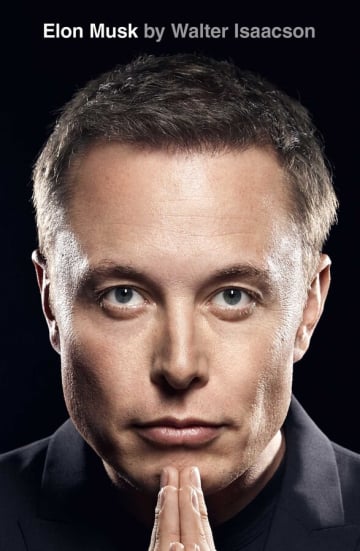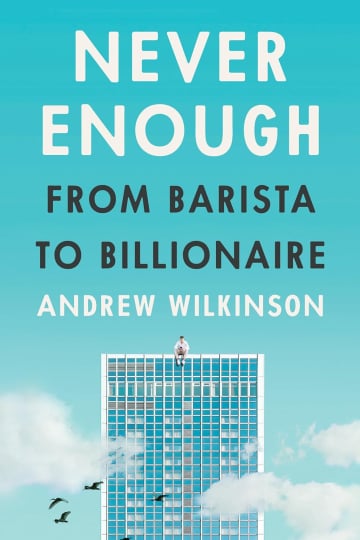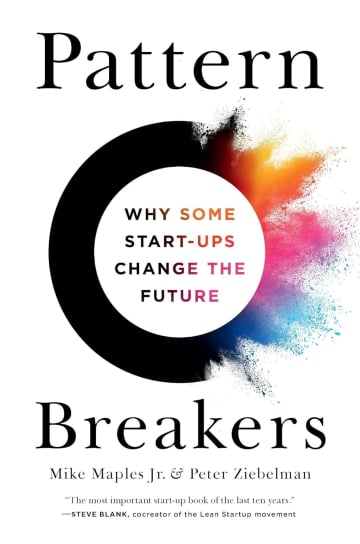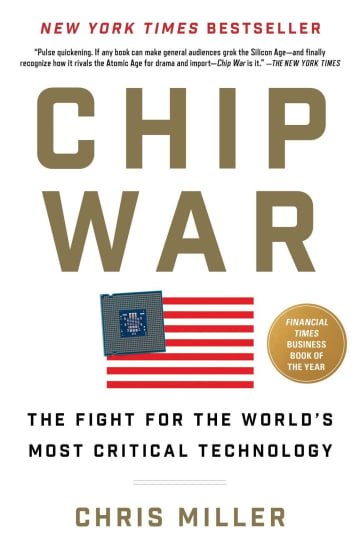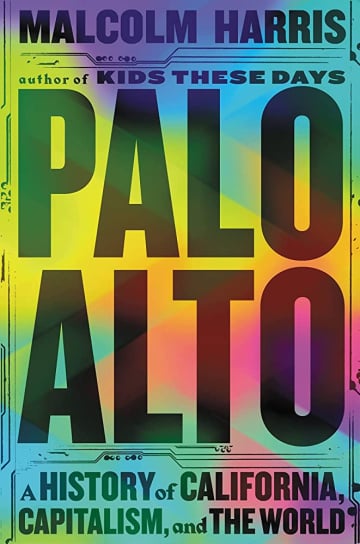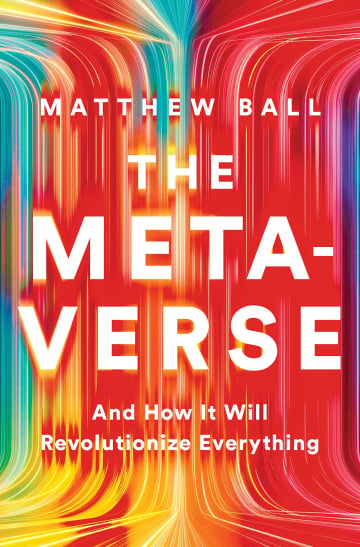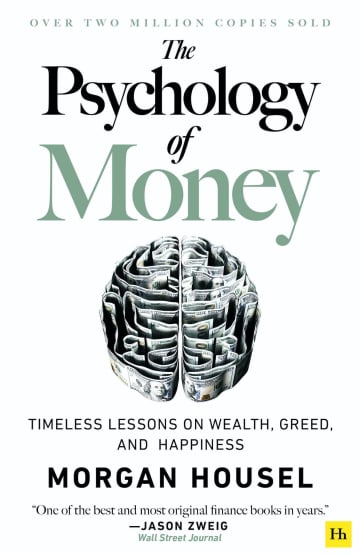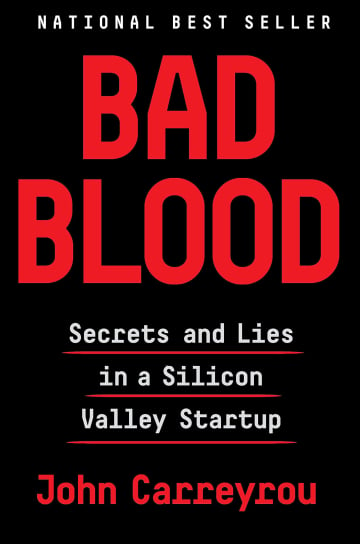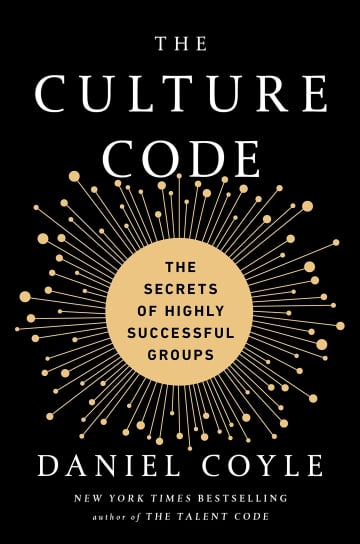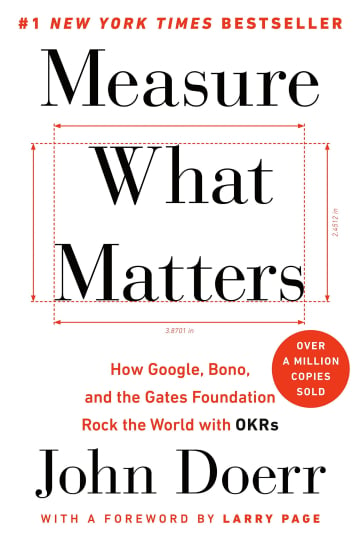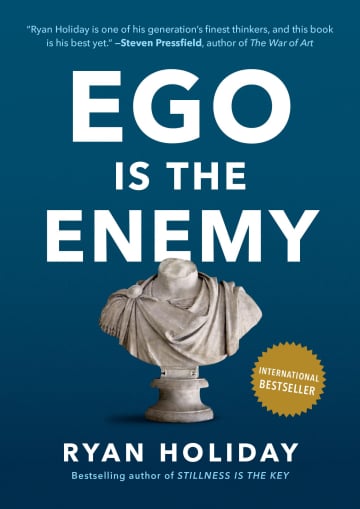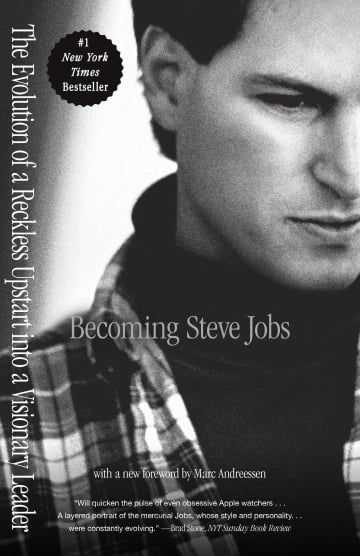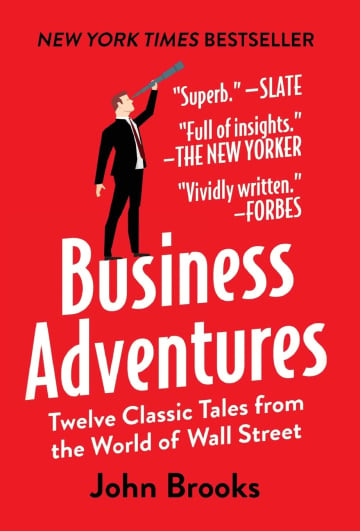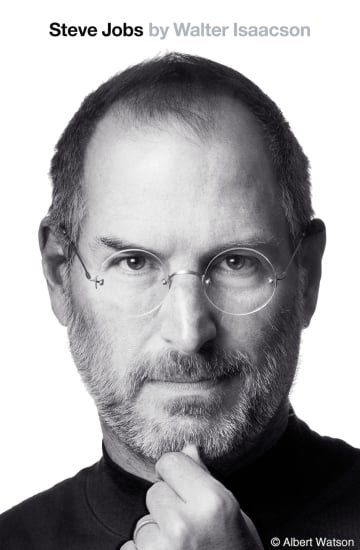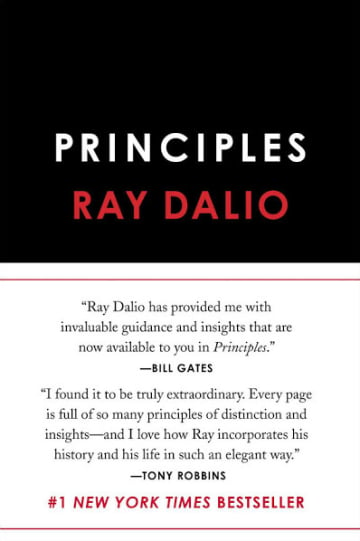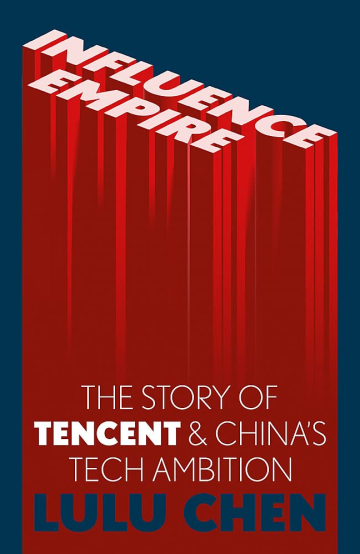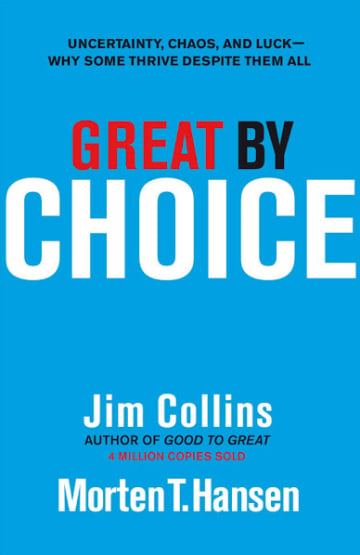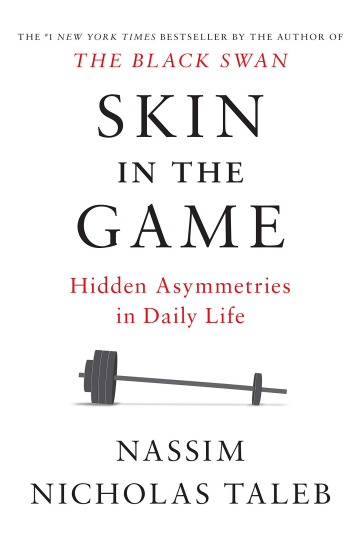
Skin in the Game: Hidden Asymmetries in Daily Life
⚡️ 10 Quotes from the book
“The knowledge we get by tinkering, via trial and error, experience, and the workings of time, in other words, contact with the earth, is vastly superior to that obtained through reasoning, something self-serving institutions have been very busy hiding from us.”
“People whose survival depends on qualitative “job assessments” by someone of higher rank in an organization cannot be trusted for critical decisions.”
“Society doesn’t evolve by consensus, voting, majority, committees, verbose meetings, academic conferences, tea and cucumber sandwiches, or polling; only a few people suffice to disproportionately move the needle. All one needs is an asymmetric rule somewhere—and someone with soul in the game.”
“It is clear since the attack on the World Trade Center (in which most of the attackers were Saudi citizens) that someone in that nonpartying kingdom had a hand—somehow—in the matter. But no bureaucrat, fearful of oil disruptions, made the right decision—instead, the absurd invasion of Iraq was endorsed because it appeared to be simpler.”
“Probability, statistics, and data science are principally logic fed by observations—and absence of observations. For many environments, the relevant data points are those in the extremes; these are rare by definition, and it suffices to focus on those few but big to get an idea of the story.”
“Academics sell the most possibly complicated solution when a simple one can do. Further, the rich start using “experts” and “consultants.” An entire industry meant to swindle you will swindle you: financial consultants, diet advisors, exercise experts, lifestyle engineers, sleeping councilors, breathing specialists, etc.”
“So long as society is getting richer, someone will try to sell you something until the point of degradation of your well-being, and a bit beyond that.”
“If your private life conflicts with your intellectual opinion, it cancels your intellectual ideas, not your private life.”
“The only definition of rationality that I’ve found that is practically, empirically, and mathematically rigorous is the following: what is rational is that which allows for survival.”
“If you do not take risks for your opinion, you are nothing.”
Related videos
Follow the author
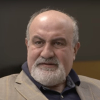
Nassim Nicholas Taleb, a Lebanese-American former derivatives trader and mathematical finance practitioner, is now an essayist and scholar specializing in randomness, probability, and uncertainty. Taleb has served as a Distinguished Professor of Risk Engineering at NYU's School of Engineering since September 2008. He holds a PhD from the University of Paris and an MBA from the Wharton School.
Ask Albert:
Rate the book
⚡️ Discover Even More Bookish Wisdom
recommends
recommends
recommends
recommends
